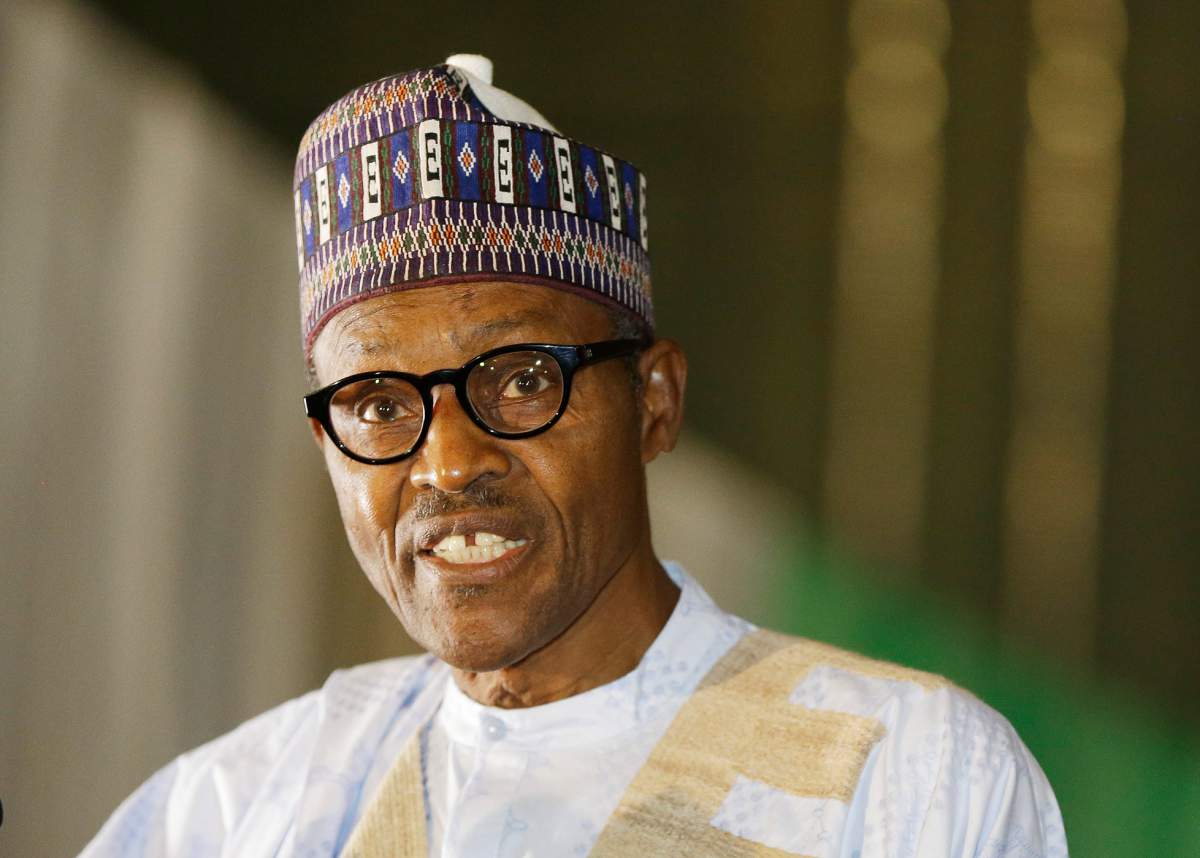President Muhammadu Buhari has ordered probes into the sale of Nigerian Telecommunications, NITEL and Mobile Telecommunications, MTEL.
The President said he is interested in the process of the sale which was done under the administration of former President Goodluck Jonathan.
While speaking to State House Correspondents after briefing President Buhari on the activities of the sector, the Permanent Secretary, Federal Ministry of Communication and Technology, Dr. Tunji Olaopa said the president has directed him to look into the process so as to ensure that Nigerians were not shortchanged.
Olaopa said “The President was concerned about the liquidation of NITEL. He is not opposed to its privatization but he wants to know and he want us to bring a memo on how he whole transaction was undertaken so that he would know whether Nigeria was shortchanged.
“The President was concerned by the quality of service of telecom operators. The President is very concerned about the whole issue privatization that is hindering the investments in ICT infrastructure and that he will personally champion this. The President talked about the potentials of the ICT sector in generating employment.”
In a statement by his media aide, Mr Garba Shehu, Buhari directed the Ministry of Communications Technology to work harder to fully develop the revenue generation potential of Nigeria’s information technology sector.
Buhari also directed the ministry to submit all pending proposals for the development of the country’s IT sector, which require the approval of the yet-to-be constituted Federal Executive Council (FEC).
He said “Where you don’t need EXCO approval and you are not in breach of the law and will not lose money, you can go ahead. Now that oil costs less and we are contending with its theft, we have to move to areas where we can realise revenue quickly.”
Olaopa emphasised that the ministry’s presentation to the President focussed on the ICT sector which accounts for an estimated 10 per cent to the country’s gross domestic product (GDP) but could grow to 20 per cent if some proposals by the ministry are approved and implemented.

